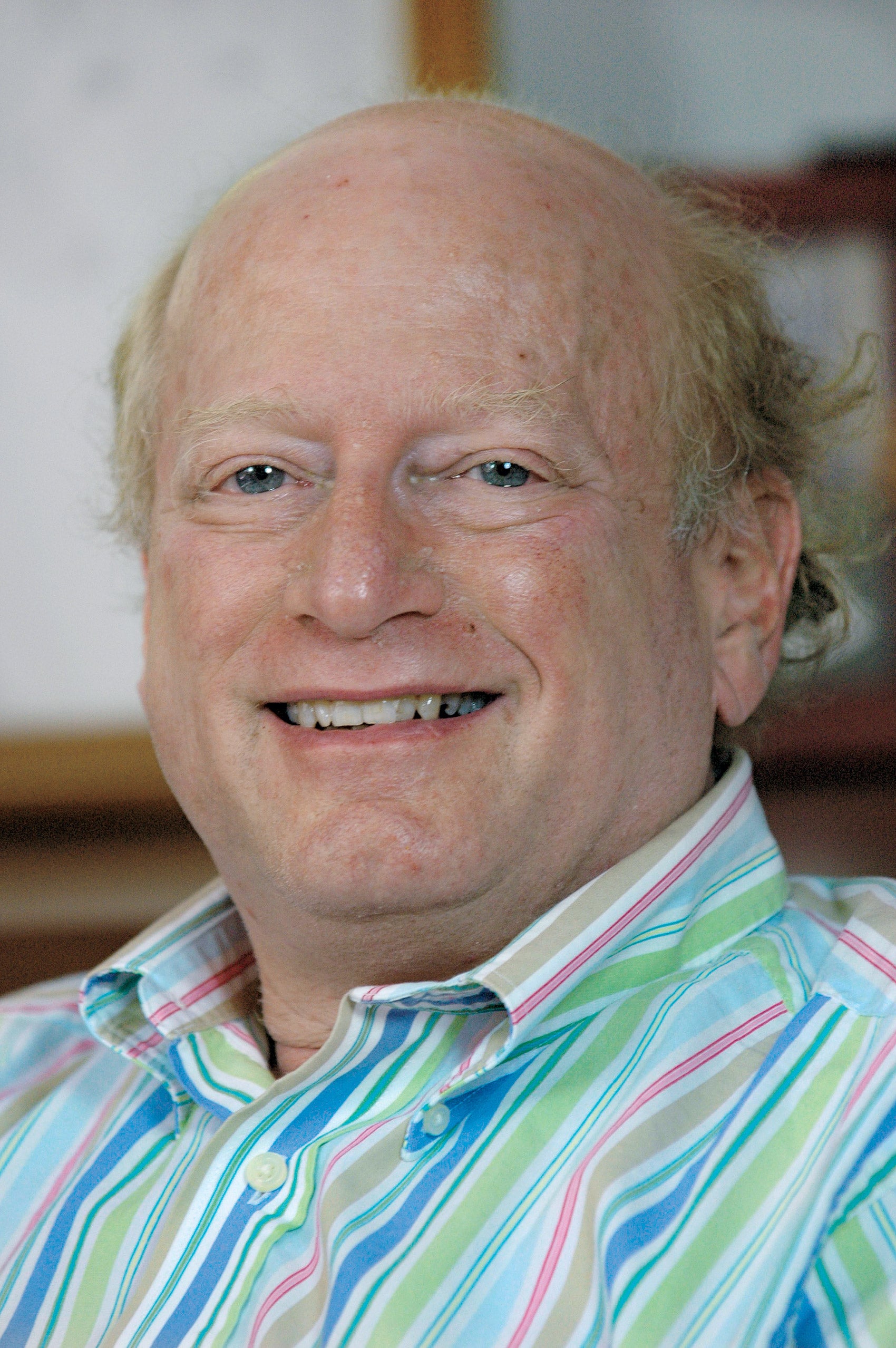In his most recent book, “I Dissent: Great Opposing Opinions in Landmark Supreme Court Cases” (Beacon Press 2008), Professor Mark Tushnet offers an anthology of dissenting opinions, putting them in political context and examining their impact on constitutional law.
“Our constitutional tradition celebrates the great dissenters—John Marshall Harlan, Oliver Wendell Holmes, William O. Douglas,” Tushnet writes. “On one level, the reason is clear: out of step with the prevailing constitutional views of their times, they were vindicated by history … We never know which is going to be vindicated and which repudiated by history. Once we realize, as we must, that some dissenters were wrong at the moment they dissented and wrong thereafter, the story about dissent, and about how history decides who is the winner and who the loser, becomes much more complicated.”
Tushnet chose cases in which the dissents “illuminated a reasonably wide range of issues drawn from the history of constitutional law.” He draws on 16 cases, ranging in time from Marbury v. Madison (1803) to Lawrence v. Texas (2003), to explore what the world would look like had the dissenters carried the day. Following a description of each case, Tushnet looks at its effects and significance to offer thematic observations about constitutional law.
When considering all of the dissents and dissenters, Tushnet particularly liked Andrew Jackson’s veto of the bank recharter, “because it shows that political actors can and do have reasoned positions on constitutional law, and Justice Brandeis’s concurring opinion, which is actually a dissent, in Whitney v. California, because it is extraordinarily eloquent, with the line ‘Men feared witches and burnt women’ especially resonant.” (In Whitney, a 1927 case, the Court held that the First Amendment did not protect a woman who belonged to the Communist Labor Party—which advocated revolutionary mass action—from criminal prosecution under California’s syndicalism statute, even though she had urged the party to pursue its goals through lawful means.)
Ultimately, Tushnet states, “The fate of a dissent lies in the hands of history.”
